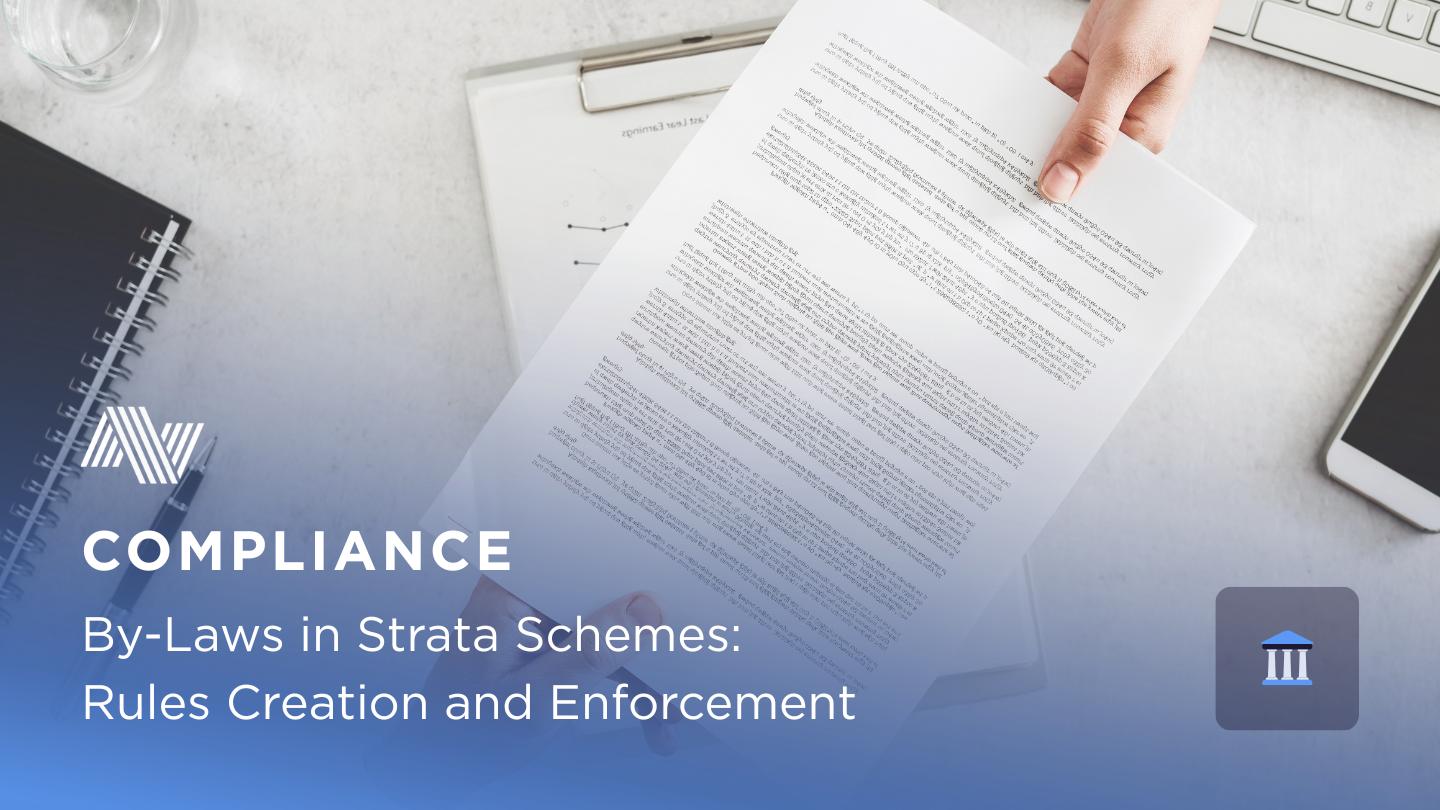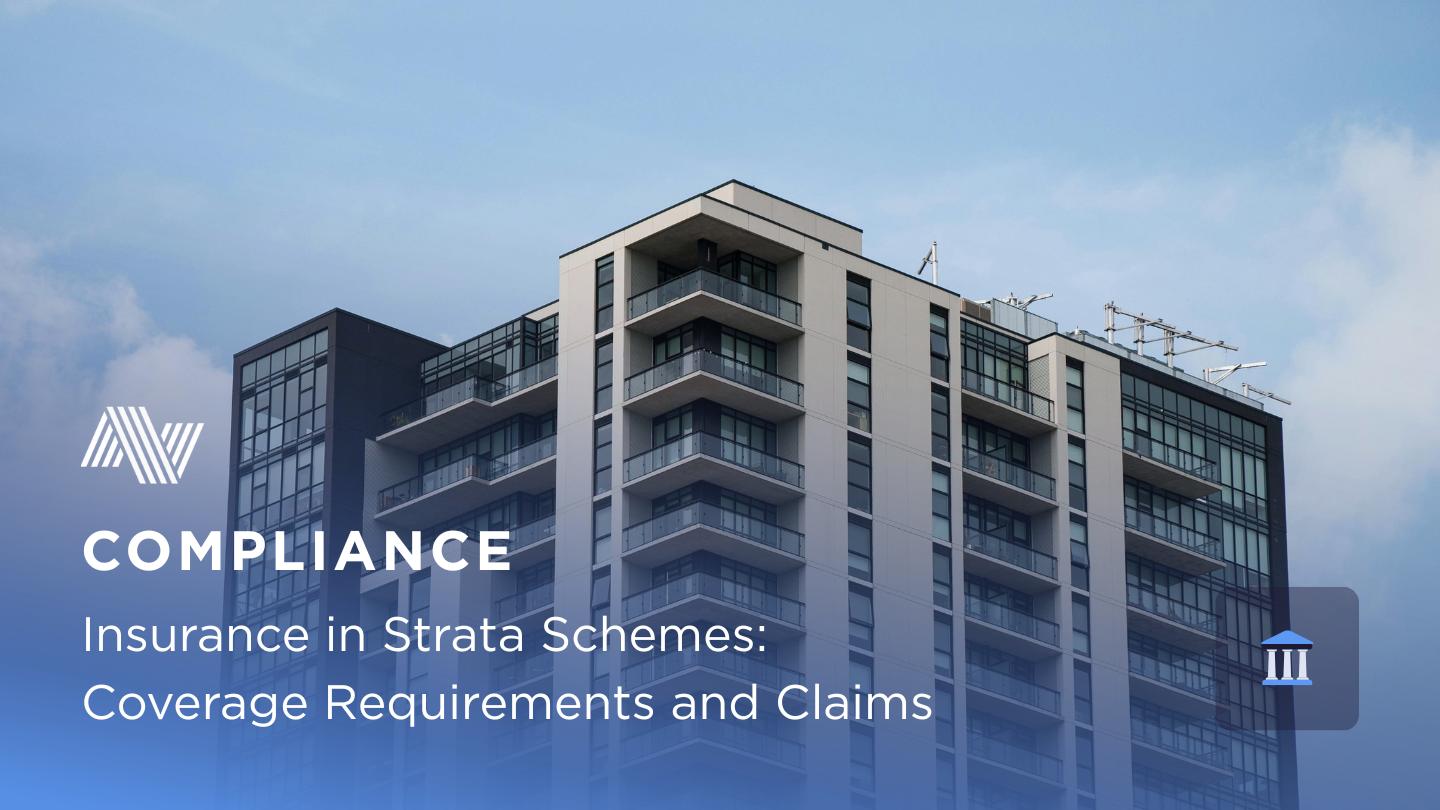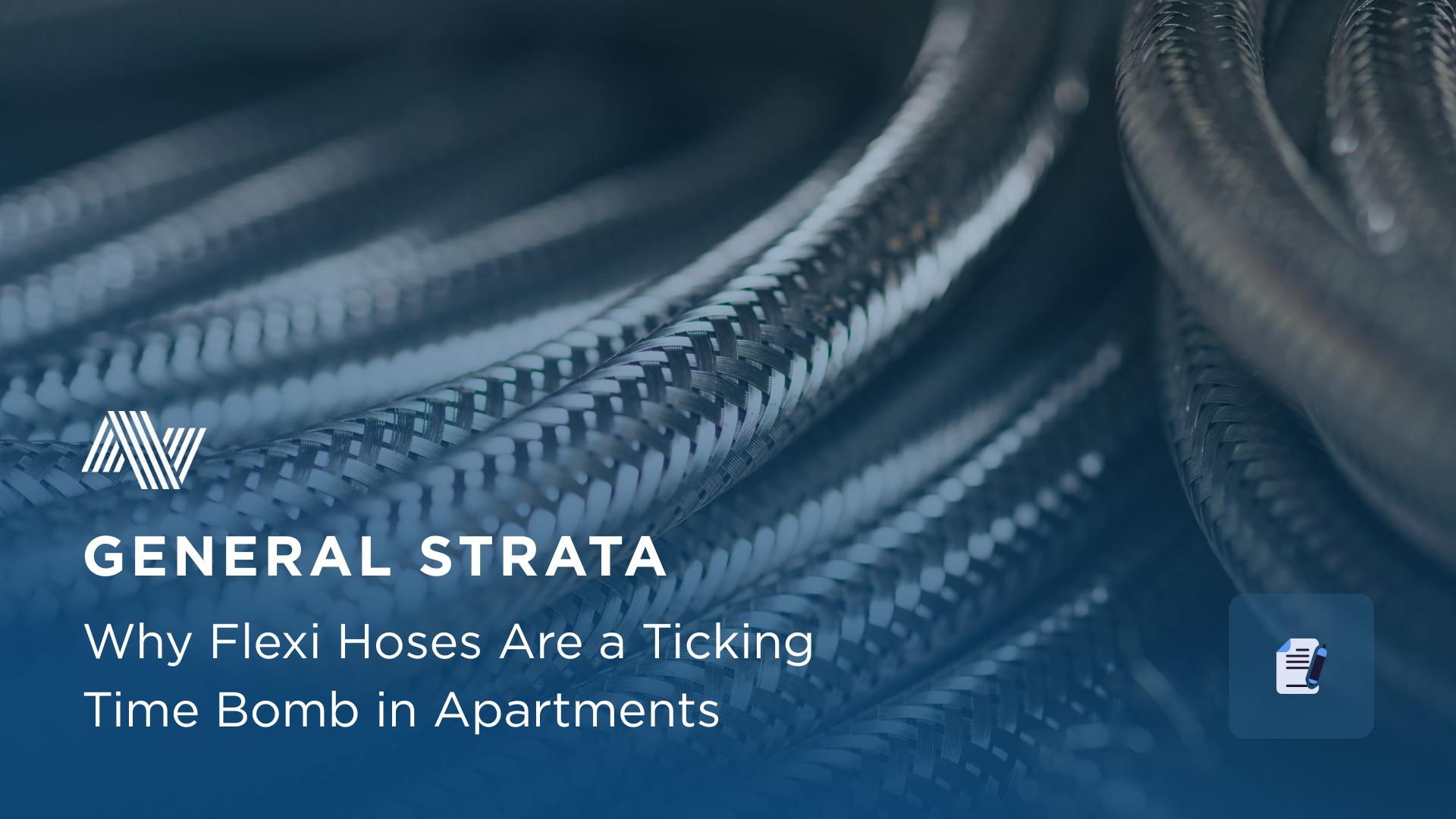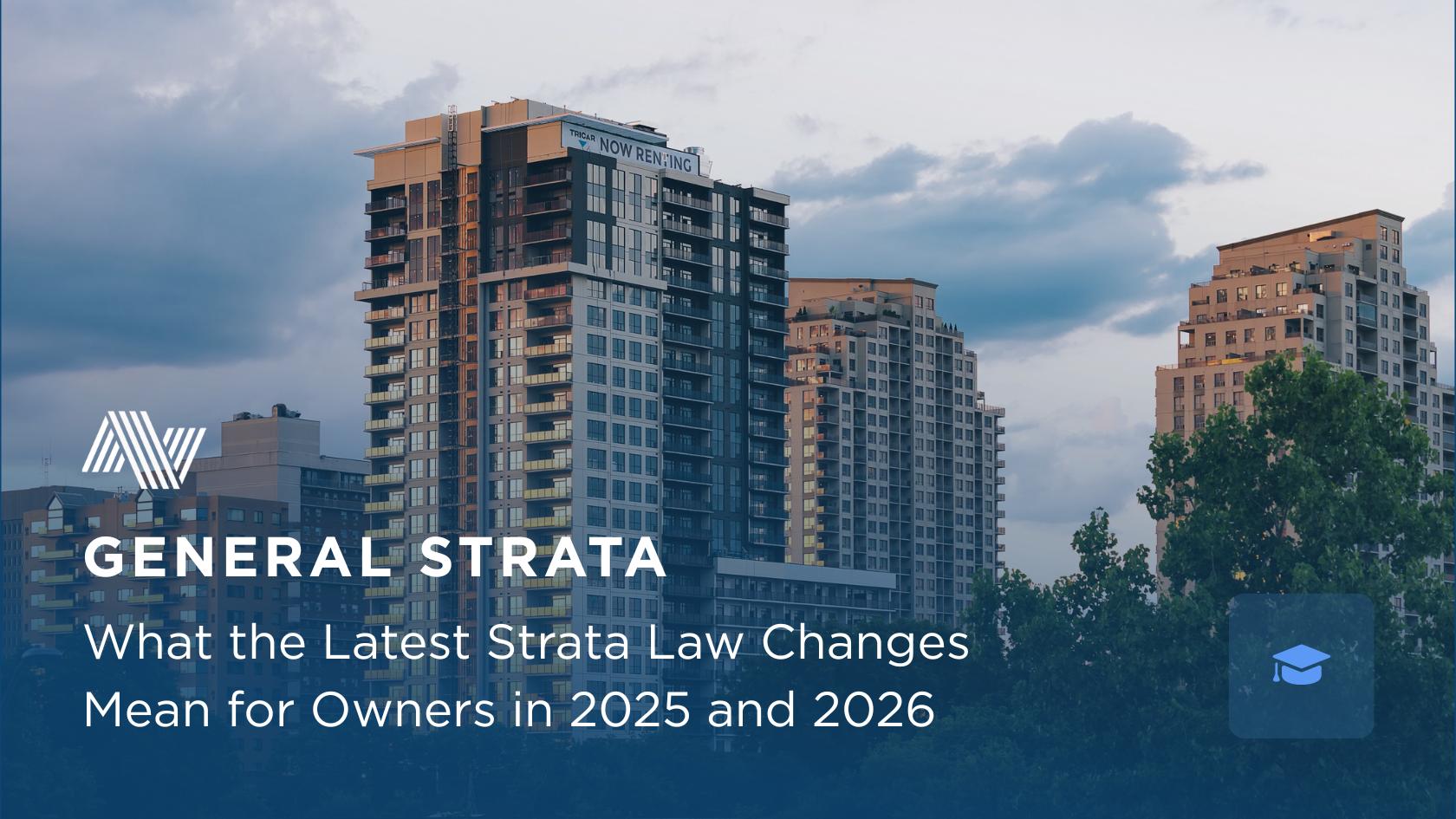Disputes & Resolution - Conflict resolution processes
Note: This article is intended as a general guide only, and should not be taken as legal or professional advice. It’s essential to consult with a qualified professional or seek advice from your managing agent if you have specific questions or concerns about strata living.


The One-Minute Guide to Strata Disputes
If you only read one section, here are the essentials:
Why disputes happen – Noise, parking, by-law breaches, and use of common property.
How disputes are resolved – Start with internal resolution (talk, negotiate, mediate). Escalate to the Tribunal if needed.
The Tribunal’s role – Issues binding orders on disputes, by-law validity, and the rights of owners or occupiers.
Why it matters – Fair dispute resolution protects relationships, ensures compliance, and maintains property value.
Strata living is about balancing community and individual rights. With shared spaces, rules, and responsibilities, disagreements are almost inevitable. What matters most is how those disputes are handled.
Effective resolution processes keep communities harmonious, avoid costly escalation, and protect the long-term value of your property.
Understanding Disputes in Strata Schemes
Strata living brings people together, but it also means sharing space, rules, and responsibilities. Disputes can arise from:
- By-law breaches – e.g., pets, renovations, smoking.
- Noise complaints – from parties, renovations, or even daily living.
- Parking and vehicles – misuse of visitor spaces or blocking access.
- Waste and recycling – disputes over bins or rubbish storage.
- Use of common areas – disagreements about access to facilities or gardens.
Left unresolved, these small problems can spiral into costly, time-consuming conflicts.
Who Needs to Know This?
- Lot Owners – Essential: Often directly involved in disputes.
- Committee Members – Critical: Responsible for enforcing by-laws.
- Strata Managers – Essential: Key facilitators in resolution processes.
- Tenants – Helpful: Daily use of the property means they’re often part of disputes.
- Prospective Buyers – Useful: Frequent disputes may signal deeper governance problems.
TL;DR: Strata disputes usually stem from shared spaces and rule enforcement. Without clear resolution pathways, they escalate quickly.
Read more: Owners Corporation: Understanding the Central Legal Entity.
Internal Dispute Resolution: The First Step
Most disputes can and should be resolved internally before escalation. Common approaches include:
- Communication & negotiation – A direct, respectful discussion often solves the problem.
- Review of by-laws – Conflicts usually come down to interpreting or enforcing rules.
- Mediation – A neutral process facilitated by Fair Trading to help both sides reach agreement.
Who Needs to Know This?
- Lot Owners – Essential: First in line to resolve issues with neighbours.
- Committee Members – Critical: Can guide parties to resolution and enforce by-laws.
- Strata Managers – Essential: Facilitate communication and organise mediation.
TL;DR: Start with internal resolution – communication, negotiation, and mediation should come before formal escalation.
Read more: Strata Committee: Roles and Responsibilities.
Tribunal Proceedings: Formal Resolution
If mediation fails, disputes can be escalated to the NSW Civil and Administrative Tribunal (NCAT). The Tribunal can make binding orders, including:
- Resolving disputes between owners, occupiers, and the OC.
- Determining by-law validity – striking down or upholding contested rules.
- Clarifying rights & obligations of owners, occupiers, and the OC.
- Enforcement – e.g., compliance notices under Section 146 of the SSMA.
Who Needs to Know This?
- Lot Owners – Essential: May need to initiate or respond to Tribunal applications.
- Committee Members – Critical: Ensure compliance with Tribunal orders.
- Strata Managers – Essential: Guide owners through the process and coordinate compliance.
- Prospective Buyers – Helpful: A history of Tribunal disputes may indicate a troubled scheme.
TL;DR: If mediation fails, NCAT can issue binding orders to resolve strata disputes.
Why Dispute Resolution Matters
Good dispute resolution prevents small issues from escalating and safeguards the community. Effective processes ensure:
- Fair and transparent handling of conflicts.
- Compliance with NSW law.
- Stronger community harmony and trust.
- Protection of property value.
TL;DR: A clear resolution framework protects owners, tenants, and the long-term health of the scheme.
Common Pitfalls in Strata Disputes
Schemes often run into trouble when they:
- Delay addressing issues – Act early through direct discussion.
- Rely too heavily on formal proceedings – Try dialogue and mediation first.
- Fail to enforce by-laws consistently – Apply rules equally to avoid resentment.
- Communicate poorly – Keep owners informed at every stage.
- Let disputes get personal – Focus on procedures and solutions, not individuals.
Important: If you’re dealing with a strata dispute, start with internal resolution and mediation. For full legal detail, consult the Strata Schemes Management Act 2015 (NSW) or seek advice from a licensed strata professional.
Related Files












